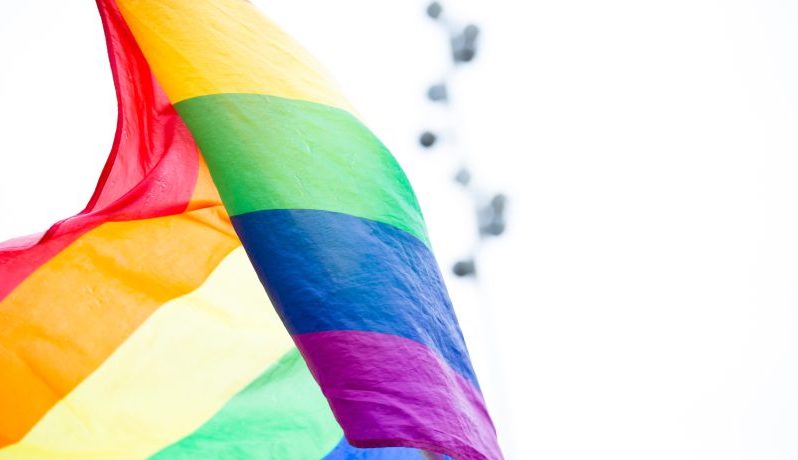Gender, Sexuality & Identity

Identity categories hold the potential to both unite human beings who share commonalities with one another and divide human beings along lines of difference. This tension can be particularly perceived when looking at gender and sexuality identities. On the one hand, there is the potential for solidarity between feminists or within LGBTQ+ (Lesbian, Gay, Bisexual, Transgender, Queer, etc.) communities. On the other hand, we can see the persistence of gender inequality, homophobia, and transphobia in different places around the globe. With an interest in learning more about how gender and sexuality identities create such varying experiences and how we might work together to build a more just world, researchers, professors, and scholars at Tokyo College have come together to form the “Gender, Sexuality & Identity '' collaborative research group.
Our group meets bi-weekly to discuss scholarship on feminist, gender, and sexuality studies and share our own work on these topics. As members of this group, we aim to create a safe space for dialogue to unfold, so we can learn with and from one another. We emphasize operating in a non-hierarchical manner, rotating meeting facilitators and taking turns choosing texts to read. In addition to studying together, our group organizes public events to connect with Gender & Sexuality Studies scholars outside Tokyo College and create a space to share our discussions with members of our community. Members of the group are also working on a conversation-style blog based on interviews conducted with members from a local peer support group for LGBTQ+ people living with mental health, neurodevelopmental disorders, and/or substance-use disorders. Overall, we hope that the “Gender, Sexuality & Identity '' group will help support not only each other’s research but also each group member as a person navigating academia, everyday life in Japan, and global society at large.
As our group has discussed, there is no singular vision or definition of feminism. However, we are committed to studying feminism with attention to intersectionality, which means recognizing that systems of power like patriarchy, heterosexism, cisgenderism, racism, ableism, capitalism, etc. are interlocking and create a unique set of privileges and challenges for each individual depending on their gender, sexuality, race, nationality, ability, etc. We, therefore, approach our collaborative studies with questions of positionality and identity in mind in order to account for the meaningful differences between ourselves and between other feminists in Japan and around the world.
Finally, we are studying questions and themes such as:
- Gender and Sexuality justice
- Systems and ideologies of patriarchy, heteronormativity, and cisnormativity
- Intersectionality
- Feminist theory and praxis
- Queer theory and LGBTQ+ activism
- Transnational Feminist Solidarity
- Sex and the body
- Gender identities and gender as performance
- Sex-gender system
- Historical archives of feminist and LGBTQ+ work
- Feminist disability studies
- Mental health and neurodivergence in the LGBTQ+ community















